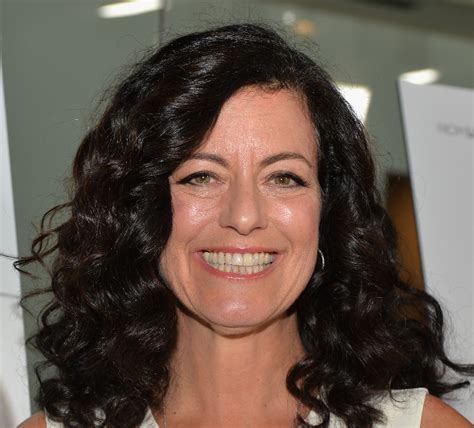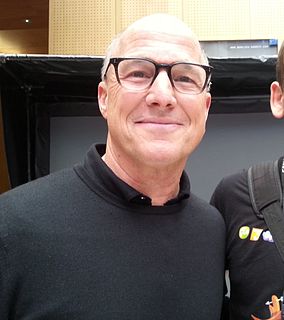A Quote by Isabella Beeton
What moved me, in the first instance, to attempt a work like this, was the discomfort and suffering which I had seen brought upon men and women by household mismanagement. I have always thought that there is no more fruitful source of family discontent than a housewife's badly-cooked dinners and untidy ways.
Related Quotes
My profession brought me in contact with various minds. Earnest, serious discussion on the condition of woman enlivened my business room; failures of banks, no dividends from railroads, defalcations of all kinds, public and private, widows and orphans and unmarried women beggared by the dishonesty, or the mismanagement of men, were fruitful sources of conversation; confidence in man as a protector was evidently losing ground, and women were beginning to see that they must protect themselves.
Among the real heroines in the world who will come into the Church are women who are more concerned with being righteous than with being selfish. These real heroines have true humility, which places a higher value on integrity than on visibility. Remember, it is as wrong to do things just to be seen of women as it is to do things to be seen of men. Great women and men are always more anxious to serve than to have dominion.
I have crossed the seas, I have left cities behind me, and I have followed the source of rivers towards their source or plunged into forests, always making for other cities. I have had women, I have fought with men ; and I could never turn back any more than a record can spin in reverse. And all that was leading me where ? To this very moment.
I do a lot of cooking. I've always cooked for my family and my father and I cooked together. It's just one of the things I like to do. If you came around my house for dinner, you'd watch me cook as we sat around the kitchen and cooked and talked. For me, that's centralised... friendship and family around food and cooking.
I always thought, I can't waste time, I have to do work. I also thought that I was slower than other people, that I had to concentrate more. I always thought, I'm not brilliant, I have to work. That was something I embedded in myself very early: I have to go home and write. But did I get any more work done than people like Frank O'Hara, who were always going to parties? Probably not.
If I can do it, men can certainly do it. It's interesting now to talk about equality in the home and involving men in household chores such that women don't have to over extend themselves doing both her job and coming home and doing all the household chores. So, that kind of sharing the load is something that I have seen in my family growing up.
I think we have to acknowledge that people are different and succeed at different things, first of all. Men are better than women at some professions like firefighting, construction work, and physics. But women are better than men at some professions, too, like elementary teaching, prostitution, and giving birth. Who's to say which is more important?
What I have always loved most in men is imperfection. I get moved by the wrinkles on the throat of a man. It makes me love him more. I think it is sad that more women don't take the chance that maybe men will be moved by seeing the chin a little less firm than it used to be, that a man will be more in love with his wife because he remembers who she was and sees who she is and thinks, God, isn't that lovely that this happened to her. And be moved by life telling its story there.
When I got married and had a child and went to work, my day was all day, all night. You lose your sense of balance. That was in the late '60s, '70s, women went to work, they went crazy. They thought the workplace was much more exciting than the home. They thought the family could wait. And you know what? The family can't wait. And women have now found that out. It all has to do with women, or the homemaker leaving the home and realizing that where they've gone is not as fabulous, or as rewarding, or as self-fulfilling as the balance between the workplace and the home place.
If you just look at the number of roles for women versus the number of roles for men in any given film, there are always far more roles for men. That's always been true. When I went to college, I went to Julliard. At that time - and I don't know if this is still true - they always selected fewer women than men for the program, because there were so few roles for women in plays. That was sort of acknowledgment for me of the fact that writers write more roles for men than they do for women.


































